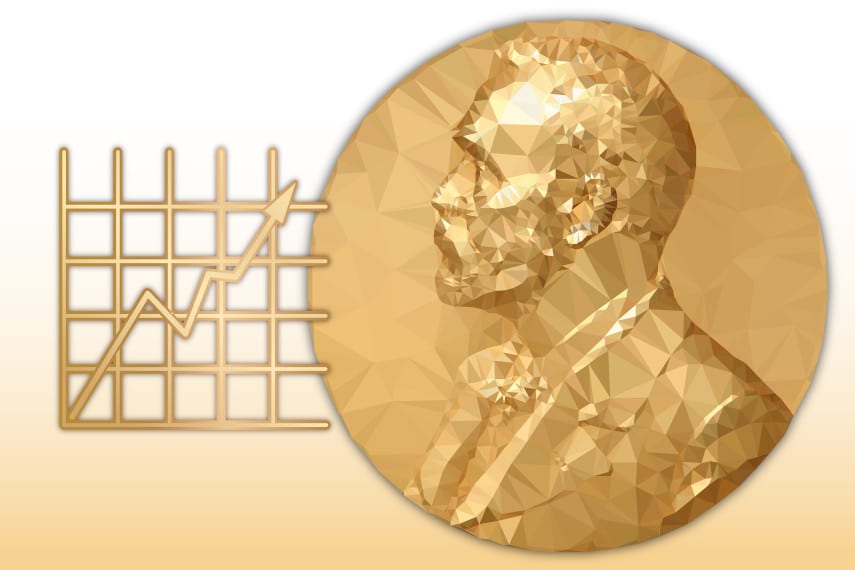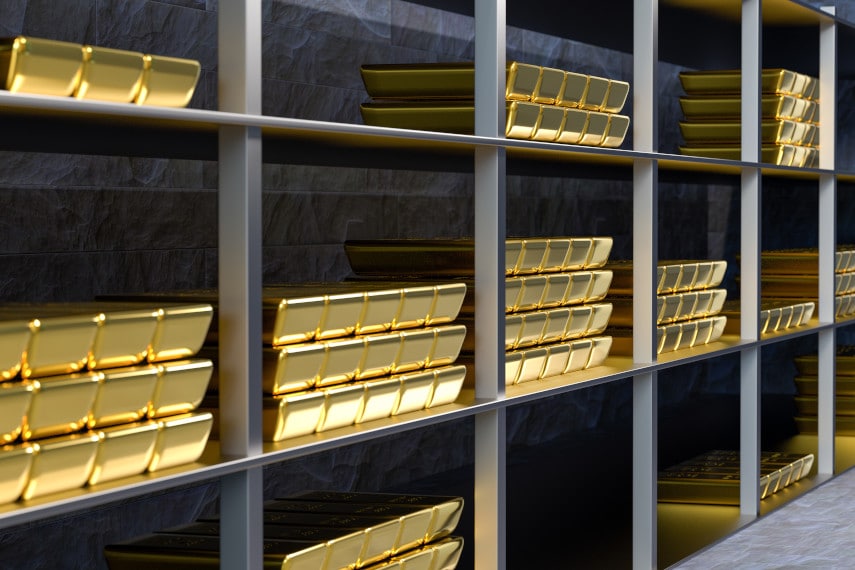
Perhaps nothing defined the absurdity of the Obama era as much as President Obama’s reception of the Nobel Peace Prize in 2009. Having been in power for less than eight months at the time he received the prize, the decision to award one of the world’s most prestigious awards to someone who hadn’t accomplished anything was as head-scratching then as it is now.
In fact, the decision to award Obama the Peace Prize was aspirational, a longing on the part of the Norwegian Nobel Committee to see a return to normalcy after President George W. Bush had launched invasions of both Afghanistan and Iraq. Unfortunately, Obama never lived up to those aspirations, as he not only continued his predecessor’s combat in the Middle East, he also started new conflicts in Libya and Syria.
That’s why the Secretary of the Nobel Committee regretted awarding the Peace Prize, saying that Obama had failed to fulfill the Committee’s expectations. But if you thought those crazy Scandinavians had learned their lesson after that mistake, think again.
Is Nobel’s Reputation Forever Tarnished?
The Nobel Prize in Economics wasn’t one of Alfred Nobel’s original prizes, but it is awarded in a similar manner. And this year’s recipients seem to have been picked in the same manner as President Obama was picked for the Nobel Prize. The winners of this year’s Nobel Prize in Economics are Douglas Diamond, Philip Dybvig, and… Ben Bernanke.
Yes, that Ben Bernanke, the man who came to epitomize quantitative easing and helicopter money. And what are Bernanke et al. being honored for? Why, because their work in economics “improved how society deals with financial crises.”
How might that be, you wonder? Well, let’s find out.
The Nobel Committee’s announcement is relatively sparse on details, although it says that Bernanke et al. have “significantly improved our understanding of the role of banks in the economy, particularly during financial crises.” Bernanke was additionally singled out for his study of the Great Depression, and how bank runs made the Depression worse.
Of course, none of this is exactly ground-breaking stuff. The role of banks as financial intermediaries, the maturity mismatch problem between banks borrowing short and lending long, etc. are all pretty well known concepts and understood by economists, especially those of the Austrian School. What Bernanke and Co. are being honored for is their role in popularizing quantitative easing as a means of “saving” economies in crisis, particularly in 2008 and 2020.
But given the fact that this quantitative easing is now the source of the everything bubble that is about to burst, we can already sense that this Nobel isn’t going to age well. So why is the Nobel Committee awarding this prize?
Staying Ahead of the Narrative
Central banks will never admit that their actions cause inflation or that they can in any way be harmful. Because their intentions are supposedly good, we are supposed to accept that everything they do is right, and if anything is judged to be wrong (decades after the fact), then we’re just supposed to shrug our shoulders and accept that central bankers did the best they could with the knowledge and tools they had.
What makes this Nobel Prize so egregious is the fact that everyone realizes today that the reason inflation is so high is because central banks printed money ad infinitum to try to keep economies going during the COVID lockdowns. It was a policy that was doomed to failure from the outset, and that was predictably going to lead to high inflation.
And now we have inflation at 40-year highs in the US and into double digits in the Eurozone. Central banks have come in for a lot of grief for that, as well as for their hesitation in trying to combat inflation. But now that central banks are starting to crack down on inflation by tightening monetary policy, they’re going to come in for even more criticism.
Bernanke’s argument was that the Fed helped exacerbate the Great Depression by tightening monetary policy, and he vowed that the Fed wouldn’t do that again. By canonizing his view with a Nobel Prize, the economics establishment has tried to make belief in quantitative easing a part of economic dogma.
Economists know that a recession is imminent, they know that massive quantitative easing was responsible for the bubble that is now bursting, but they also know that central banks tightening monetary policy will get the blame. A year or two from now, once we’ve passed through the worst of the recession, no one will remember the trillions of dollars of quantitative easing that Bernanke pushed into the system, or the trillions that the Fed added to its balance sheet in 2020.
The only thing people will remember is that central banks started tightening and then the recession occurred. Post hoc ergo propter hoc, and tight monetary policy will get blamed for recession.
By canonizing QE the Nobel Committee is ensuring that it will remain an option in the future. Those with short memories and short attention spans will point to the Nobel endorsement as proof that QE is the only way to respond to a recession.
Those of us with longer memories, with more knowledge of economics, and who remember how the seeds for the upcoming recession were sown in the response to the 2008 financial crisis and in 2020’s orgy of money creation, will once again find ourselves facing an uphill battle trying to restore sanity to a world which thinks that zero percent interest rates and helicopter money are not only normal but good.
Bernanke’s reception of the Nobel Prize is an attempt by the economics mainstream to write the dominant narrative that will inform the response to future crises. We have to hope that there are still enough sane and rational people around today to ensure that this blatant attempt at whitewashing the abysmal failure of QE isn’t successful.
Money: Sound vs. Unsound
There’s a reason that there’s such a dichotomy between proponents of sound money and proponents of easy money. Keynesians and others who support easy money and loose monetary policy fail to understand that monetary policy has an effect in the long run, and that money isn’t neutral.
By comparison, Austrians and others who propose sound money understand that money isn’t neutral, and that by altering the money supply and tinkering with interest rates, central bankers are altering the economy’s course from where it otherwise would have been in the long run.
On the one hand we have Keynesians and other proponents of easy money trying desperately to maintain the illusion that creating money out of thin air can not only be beneficial, but necessary to “save” the economy. On the other hand we have an increasingly large number of people who see through that sophistry and who realize that the US dollar is becoming increasingly worthless as the Federal Reserve inflates it into oblivion.
All the Nobel Prizes in the world can’t overcome the truth that is staring people in the face, namely that Bernanke and his compatriots have laid the groundwork for the inflation we’re experiencing today and the painful recession we’ll experience in the future. And that’s why so many people are turning to gold to protect their wealth.
While the Nobel Committee may vote one way, consumers and investors are voting another way, with their wallets. Demand for gold has exploded over the past few years, so much so that physical supply of gold coins is becoming increasingly tight. Many people remember the hell that they went through in 2008 watching their retirement sayings take a nosedive, and they don’t want something like that to happen again.
Whether they’re buying gold through a gold IRA or just buying gold coins to store at home, more and more Americans are making sure that their wealth is protected with gold. If you want to join them, call the precious metals experts at Goldco today to learn more about how you can safeguard your savings with gold.






